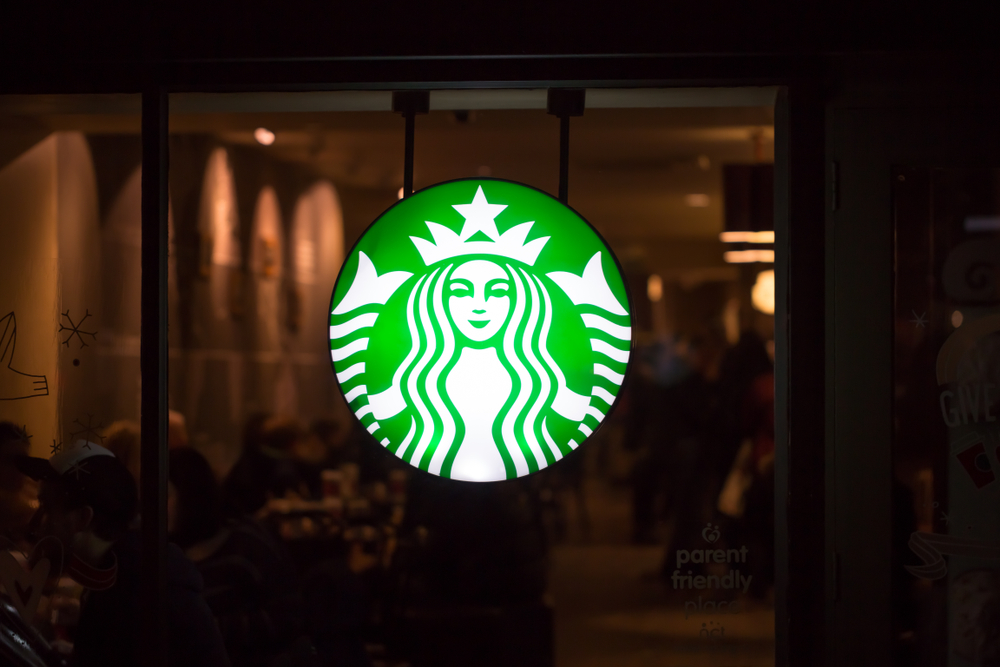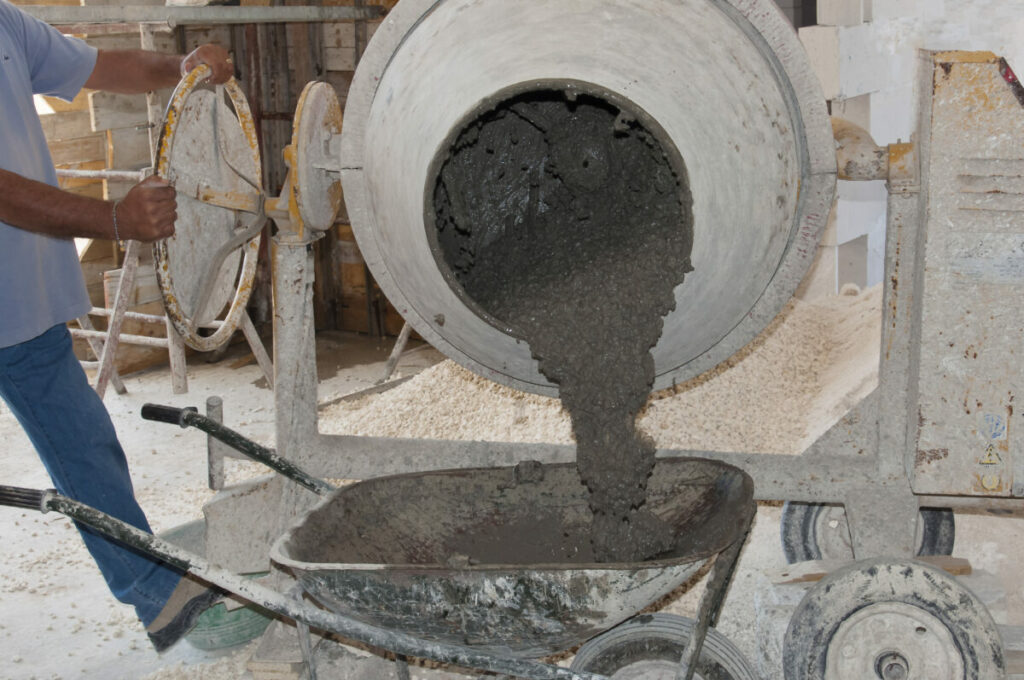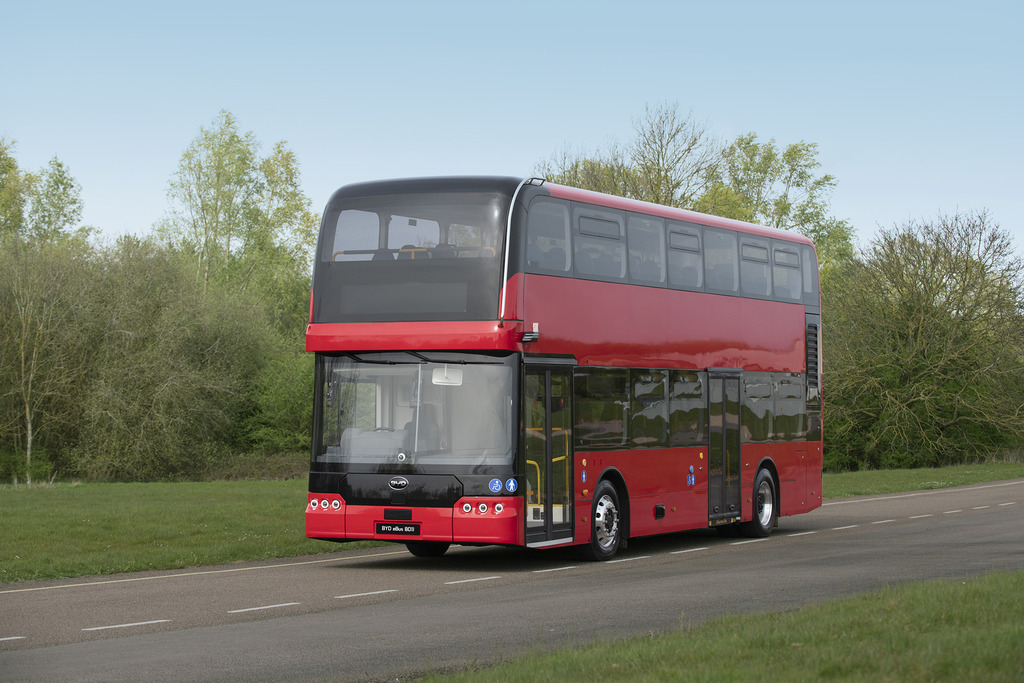Starbuck has been urged to reveal where it sources its cocoa products by a coalition of global NGOs including Mighty Earth, Be Slavery Free, Freedom United and Green America.
In an open letter to Starbucks’ CEO Laxman Narasimhan, the coalition is asking for increased transparency as it says the global coffee chain failed to provide the information to show it is adequately addressing deforestation and child labour risks in its cocoa supply chains, or ensuring a living income for cocoa farmers.
The letter follows the recent release of Starbucks’ 2022 Global Environmental and Social Impact (GESI) report, which didn’t provide any detailed information about the company’s cocoa purchasing or due diligence checks.
In January, following pressure from the coalition, Starbucks had made several commitments in relation to its cocoa sourcing policy, including publishing data about its cocoa sourcing in the GESI report, and a plan to give farmers a living income for growing its cocoa beans. The coalition is now urging the coffee brand to live up to those promises.
Subscribe to Sustainability Beat for free
Sign up here to get the latest sustainability news sent straight to your inbox each day
In May, Starbucks provided an updated plan on farmer wellbeing and supply chain deforestation when it joined the Cocoa and Forests Initiative but it didn’t include plans to reach a living wage.
Mighty Earth senior director Dr Julian Oram told Sustainability Beat that Starbucks should “trace and publicly disclose 100% of its cocoa purchases to farm level in order to know where its cocoa originates from, whether it poses a deforestation risk and the working conditions of farmers in their supply chain.”
Oram added that the new European Union Deforestation Regulation (EUDR) which came into force earlier this year also requires companies to have farm level traceability in cocoa supply chains.
To meet with this regulation, Oram advised that Starbucks needs to full carry out “farm level traceability in its cocoa supply chain; make use of satellite monitoring tools to track deforestation; and create a robust, time-bound plan to ensure that all farmers in its supply chain are earning a living income.”
Transparency across the industry
Oram also called for chocolate companies to share data transparently so that consumers can keep them accountable and “reform the way they purchase cocoa, to ensure that farmers receive their fair share.”
“Cocoa-driven deforestation has continued to clear West Africa’s forests and Côte d’Ivoire has lost over 90% of its forests in the past 60 years. Furthermore, farmers across the region are still living in poverty, earning less than US$1.20 a day,” he added.















